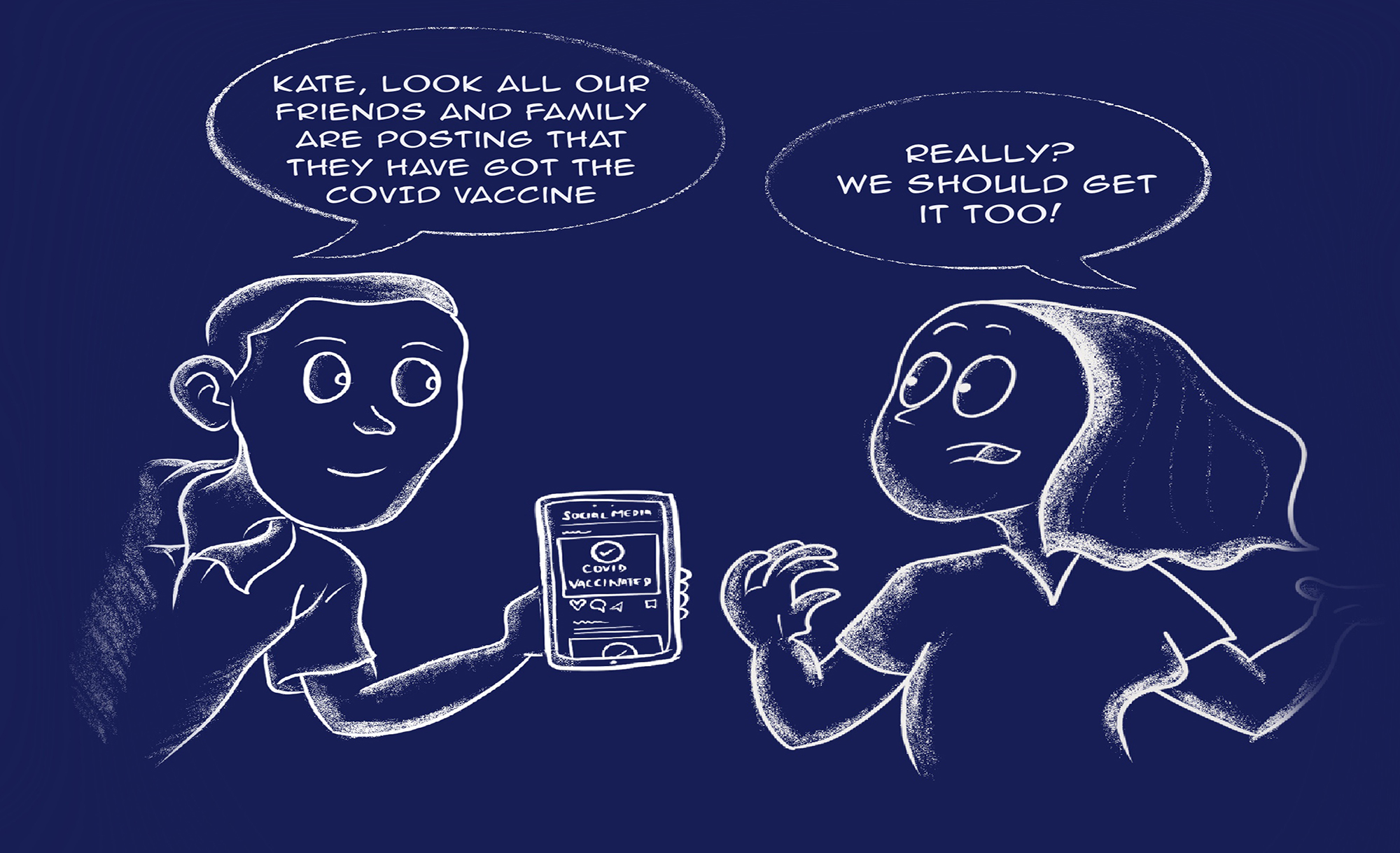The availability cascade is a cognitive bias and social phenomenon in which information or ideas become widely accepted and amplified through repeated exposure and discussion, often without rigorous scrutiny or evidence. The more a narrative or idea is repeated and circulated, the more people tend to believe it, creating a self-reinforcing cycle.
Explanations:
The availability cascade is driven by several factors, including the availability heuristic, which makes people rely on information that is easily accessible in their memory. When something is repeatedly mentioned or discussed, it becomes more available in people’s minds, leading to greater acceptance.
Examples:
Rumors and Urban Legends: False or unverified stories can gain widespread acceptance as they circulate in social networks and media.
Political Beliefs: Misinformation or biased narratives can become accepted truths when they are constantly repeated by like-minded individuals or media outlets.
Consumer Trends: Products or ideas can become popular because they are frequently mentioned and discussed in the media, even if their merits are questionable.
Solutions:
Critical Thinking: Encourage critical thinking and skepticism when evaluating information, especially when it is widely circulated.
Fact-Checking: Verify the accuracy of information before accepting it as true, and consult multiple sources for a more comprehensive perspective.
Media Literacy: Develop media literacy skills to discern between reliable and unreliable sources of information.
Diverse Information Sources: Seek information from a variety of sources to avoid echo chambers and groupthink.
Addressing the availability cascade involves being vigilant about the information we encounter and share. By critically evaluating the information and seeking diverse sources and perspectives, individuals can reduce the impact of this cognitive bias and make more informed decisions.
